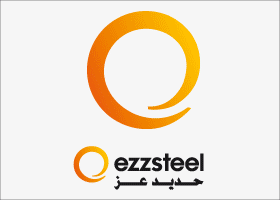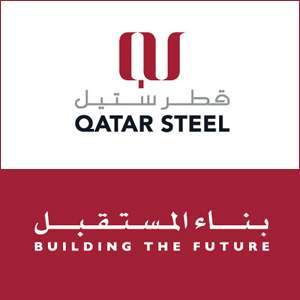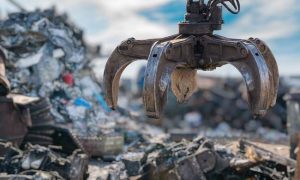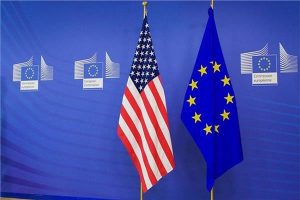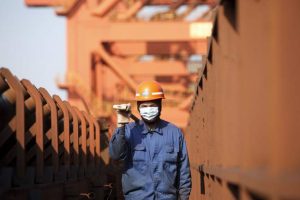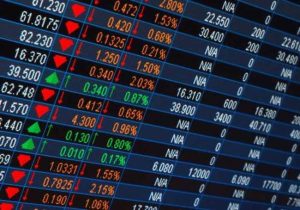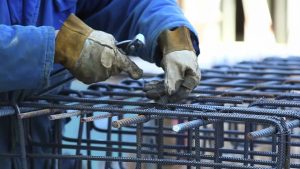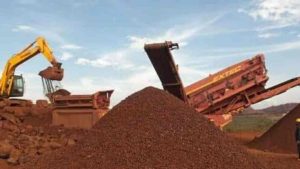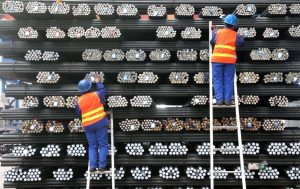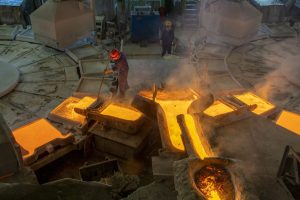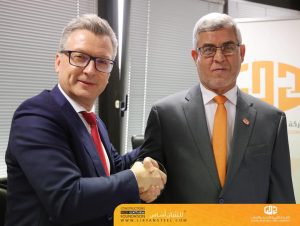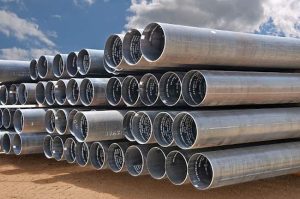The EU Environment Committee has adopted revised rules for the Waste Shipping Regulations to promote the EU’s circular economy, resource efficiency, and zero pollution goals.
Whereas MEPs voted in favour of the position of the Committee on Environment, Public Health and Food Safety (ENVI), which was adopted in December 2022. It will become the basis for negotiations with EU governments regarding the final adoption of new waste transport rules.
According to the amendments to the Waste Shipment Regulations, waste safe for recycling (particularly ferrous and non-ferrous metal scrap) will not be allowed to be exported to countries outside the Organization for Economic Co-operation and Development (OECD) unless those countries apply for approval and demonstrate the ability to manage the waste environmentally. In addition, the European Commission will carefully monitor the export of waste to OECD member states.
At the same time, the European Steel Association (EUROFER) welcomed the review of WSR. However, they believe that stringed measures to ensure scrap export are solely necessary for consumers with environmental standards equivalent to the European Union.
According to a statement posted on the Organisation’s website, “The revision of the Waste Shipping Regulation adopted by the European Parliament by public vote is a welcome step towards a more sustainable approach in exporting waste to third world countries. However, it is still necessary to close some critical loopholes to avoid circumvention of new measures and to ensure airtight environmental and social standards circumventing EU standards.”
Axel Eggert, Director General of the European Steel Association, said, “The text that was approved is a clear improvement over the committee’s initial proposal. However, significant fraud risks remain as long as a level playing field is not ensured between the EU and other countries, particularly about environmental, social, safety and health conditions in waste shipment and further processing.”
“Europe should not allow waste to be exported abroad, especially when waste such as iron scrap is a strategic secondary raw material in the circular economy and for decarbonisation. It must be considered as a vital raw material, as it is recognized today that it is a scarce resource, and our low carbon projects will need more ferrous waste by 2030 and larger quantities by 2050 to produce green steel,” emphasized Axel Eggert, Director General of the European Steel Association.
Ferrous scrap is by far the most exported type of waste from the EU, with “19.5 million tonnes in 2021,” equivalent to 59% of all EU waste exports, according to Eurostat. However, it is a valuable material that can be recycled into new steel, according to the highest European environmental, health and social standards. For every tonne of carbon steel scrap recycled, 1.5 tonnes of CO2 is saved. In the case of stainless steel scrap, this saving is even higher; it amounts to nearly 5 tonnes of carbon dioxide.
Despite the improved validation of sound environmental management (ESM) in waste-importing countries and the introduction of best available techniques (BATs) as a reference point for assessing and minimizing the environmental impact, more efforts are needed to make the new measures very effective.




